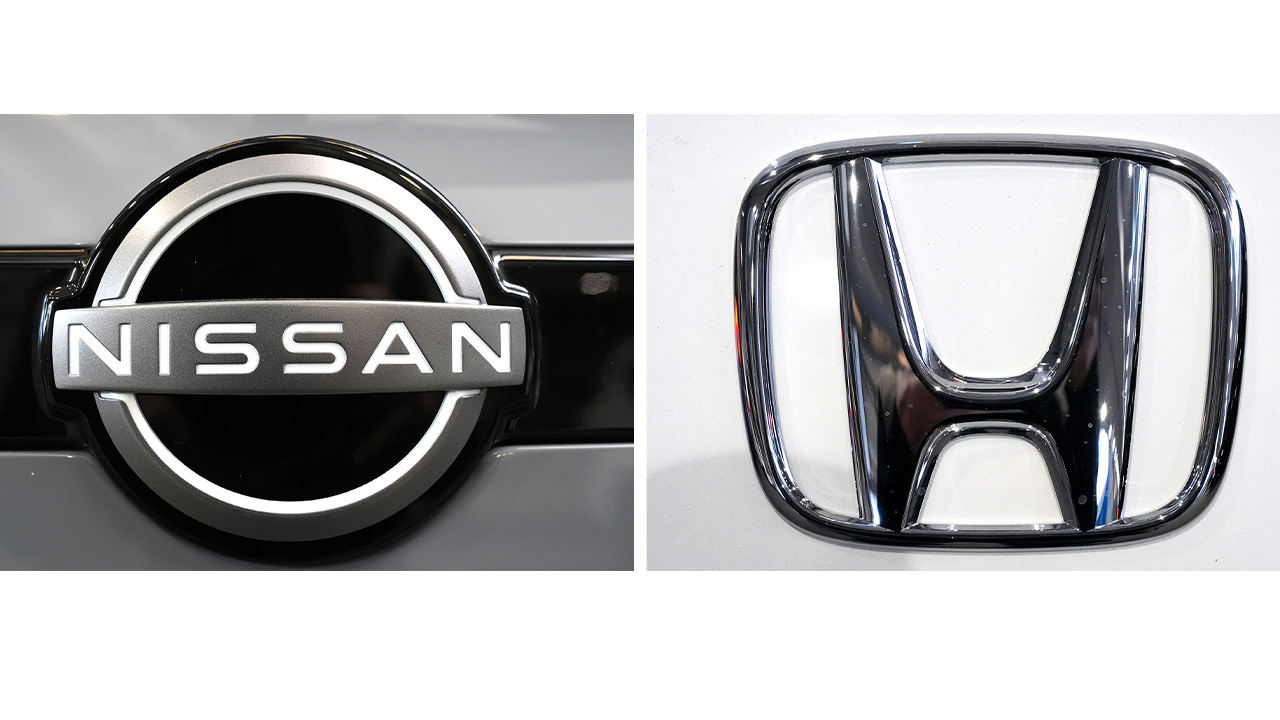Honda and Nissan Merge Plan
As of late December 2024, the discussions regarding the merger between Honda and Nissan have gained significant traction. During a press conference attended by both CEOs, the companies outlined their vision for this alliance, which aims to enhance their competitive capabilities amid an increasingly aggressive global automotive arena. The dialogue reflects a mutual recognition of the need for collaboration in the face of rapidly advancing technologies, particularly in electrification and autonomous driving.
- Timeline: Finalization of talks is expected by 2026.
- Potential Outcomes: Creation of the world's third-largest automotive group.
- Key Figures:Combined Sales: 30 trillion yen ($191 billion)
- Combined Profits: over 3 trillion yen
- Strategic Importance: A response to competitors like BYD and Tesla affecting market shares in EVs.
Both companies emphasize that this is not a bailout for Nissan but rather a strategic necessity to maintain relevance and competitiveness in the evolving market. Honda’s CEO, Toshihiro Mibe, clarified that the union is driven by the imperative to innovate and adapt to new consumer demands, especially in electric and hybrid vehicle segments.
This enlightening moment in the Japanese automotive industry could provide both companies with the necessary resources to develop cutting-edge technologies while streamlining production processes. Enhanced research and development initiatives and significant cost savings are projected as key benefits from this merger, allowing the companies to focus on delivering high-quality electric vehicles that meet consumer needs.

The Honda and Nissan merger represents a pivotal moment in the evolution of the automotive industry, with profound implications for the global market. As they navigate this partnership, the focus on technology sharing, electric vehicle production, and a broader market strategy position both companies to rise to the challenges posed by fierce competition and the demand for innovation. While significant challenges lie ahead, the potential for growth, sustainability efforts, and strengthened market presence offers a compelling case for this transformative alliance.
Amid the strategic maneuvers and technological endeavors, the merger also invites a broader reflection on the industry's trajectory as automakers adapt to shifting consumer expectations and an increasingly eco-conscious society. The future of transportation is not just about competition; it's about collaboration, innovation, and a commitment to forging sustainable pathways that will shape the next chapter of the automotive industry.

